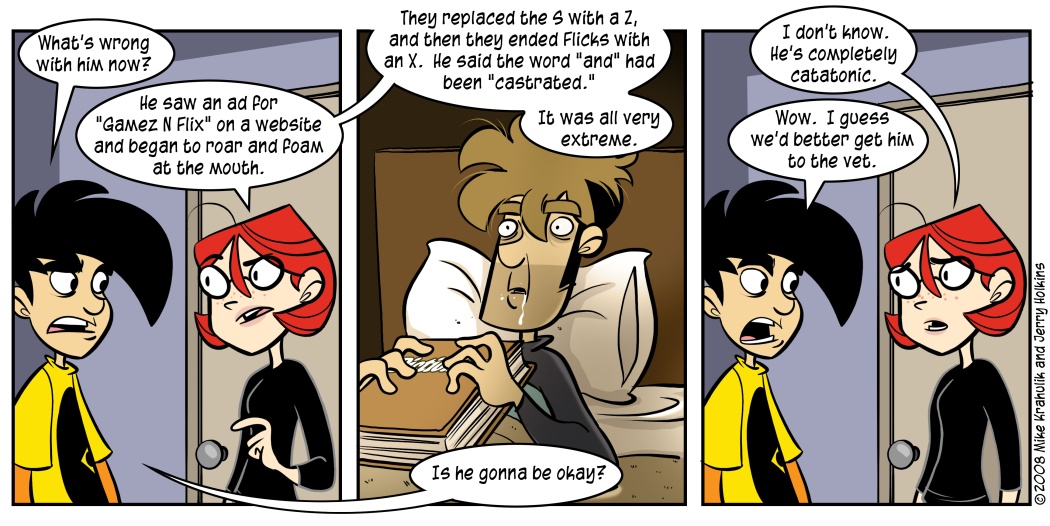Jorge Desormeaux - economics student extraodrinaire - had what I thought was an interesting perspective on FairPlay.
"Technically speaking, the Fairplay people raise some good points. Fixed costs such as R&D or productive plants shouldn't factor in when determining a company's price strategy, and should only be evaluated when a company makes decisions regarding those fixed costs- such as increasing the R&D budget, building (or not building) a new plant, etc. The main problem with their initiative is that they have no hard facts to show that a price decrease would indeed boost revenue. While it does seem reasonable to think it would, at the time the whole "Hey, what about taking away the rich people's wealth and splitting it across the table so everyone can be happy!" idea sounded reasonable to some people as well. Essentially, the argument rests on the price-responsiveness of the consumers' demand for video games- that's to say, whether a % change in price causes a bigger % change in video game sales. If the % decrease in price causes a smaller % increase in sales, then lowering prices would be a pretty lousy idea- indeed, the industry should increase their prices if they wanted to make more money. If a high price-responsiveness (a.k.a. elasticity) could be seriously proven to exist, even a half-witted executive would have to agree that lowering the price is a good idea.
But, that kind of research needs econometric demand estimations and a whole lot of stuff that certainly isn't free or easy to do. It would have to be research specific to the topic, because video game players as a group have a number of special characteristics. For instance, they tend to be relatively young, which means they tend not to have either a dependable or stable income level. If income constraints are a real barrier to video game consumption, then we could assume that there would be a high price-sensitivity. But it could also be argued that parents tend to buy games for their kids when they can't do so themselves, and in such a case the parent's income could be significantly higher so that they wouldn't really care if the price changes. So you'd have to determine who buys the games and the proportions in which they do so... and so on. It's pretty hard.
So basically, while interesting, stylized facts like the ones they show in their page don't amount to anything unless they have something hard to back it up, and I don't think they will produce anything hard anytime soon, considering the difficulty and expense involved. It really should be the video game industry's job to puzzle this out, but there's not all that much we can do if they decide not to. The whole 'abstain from buying for a week' idea is pretty ineffective.
All this aside from the broken games issue, of course. :)"
(CW)TB
